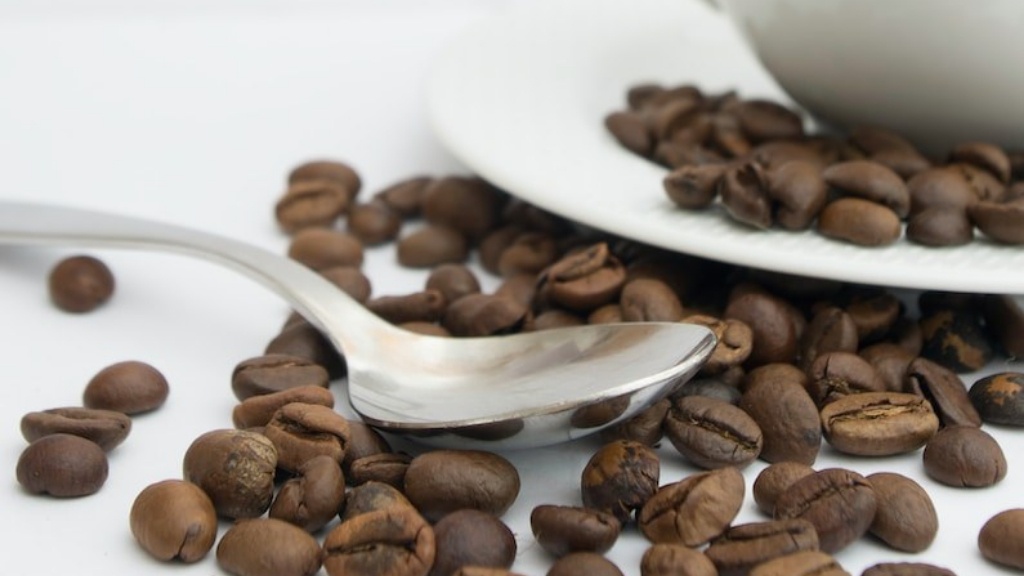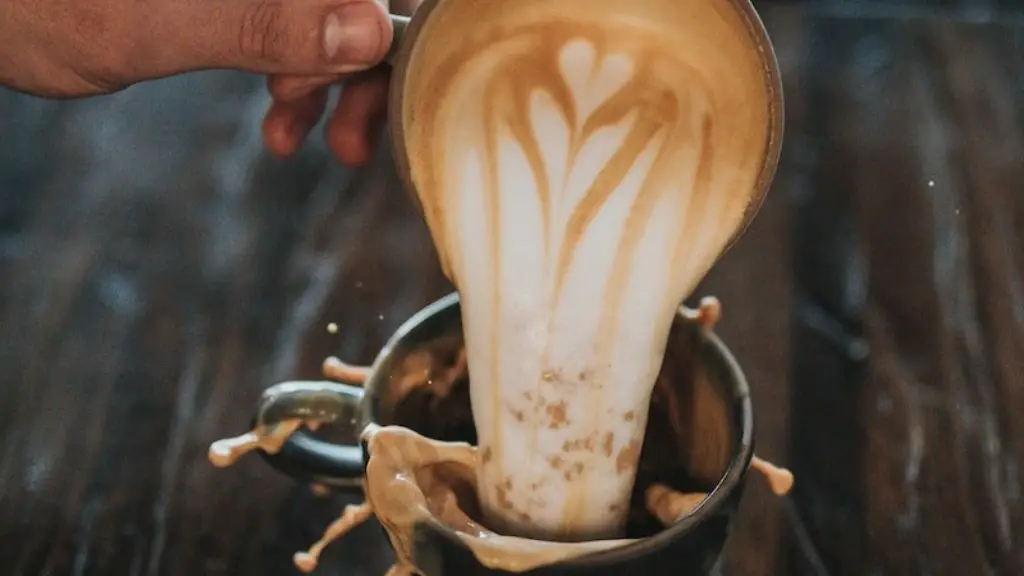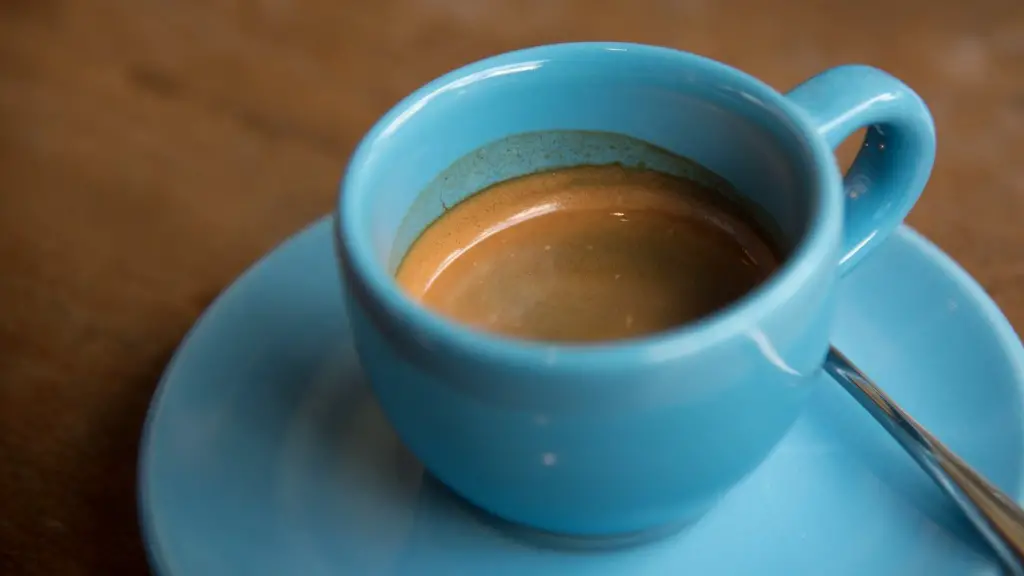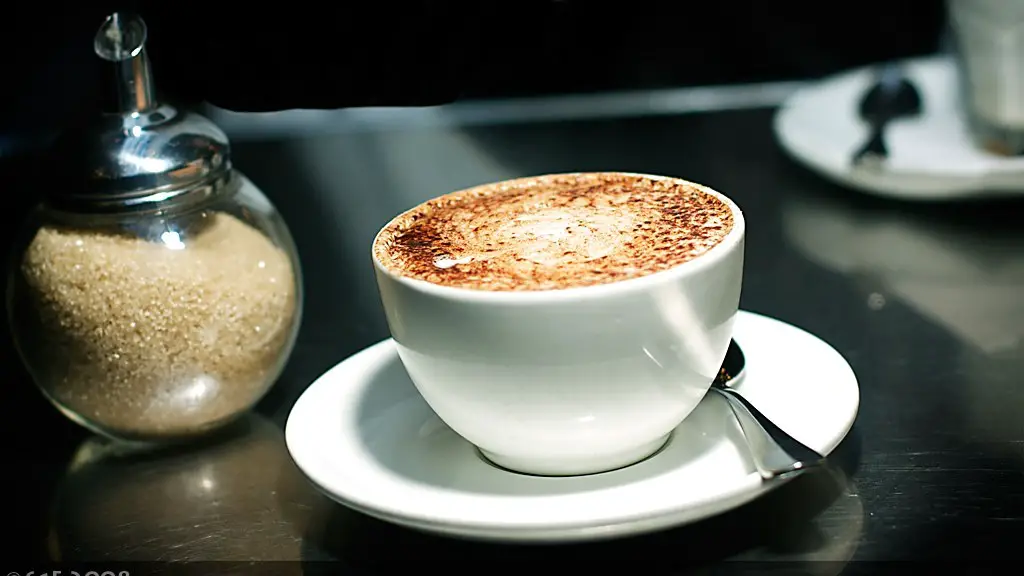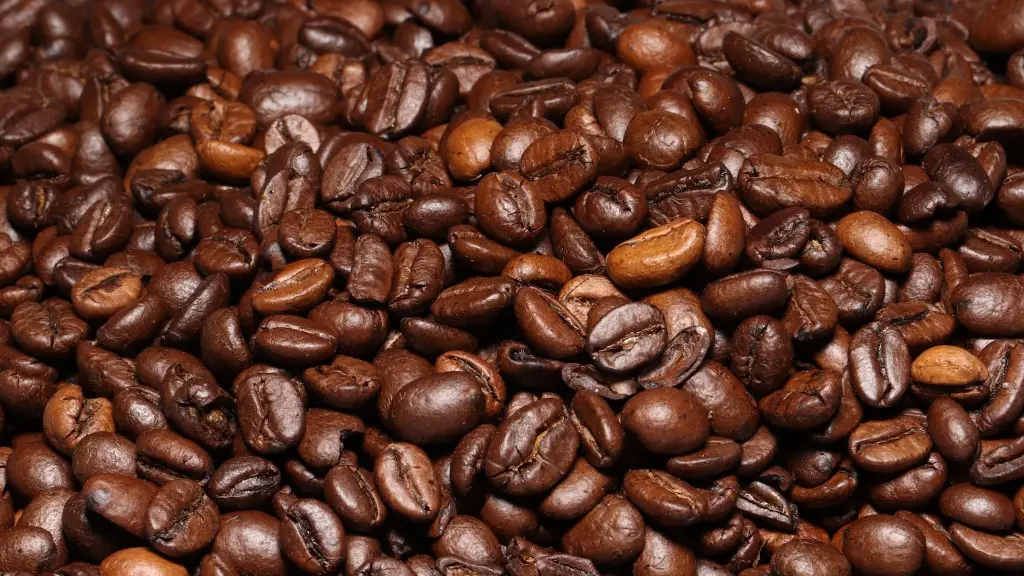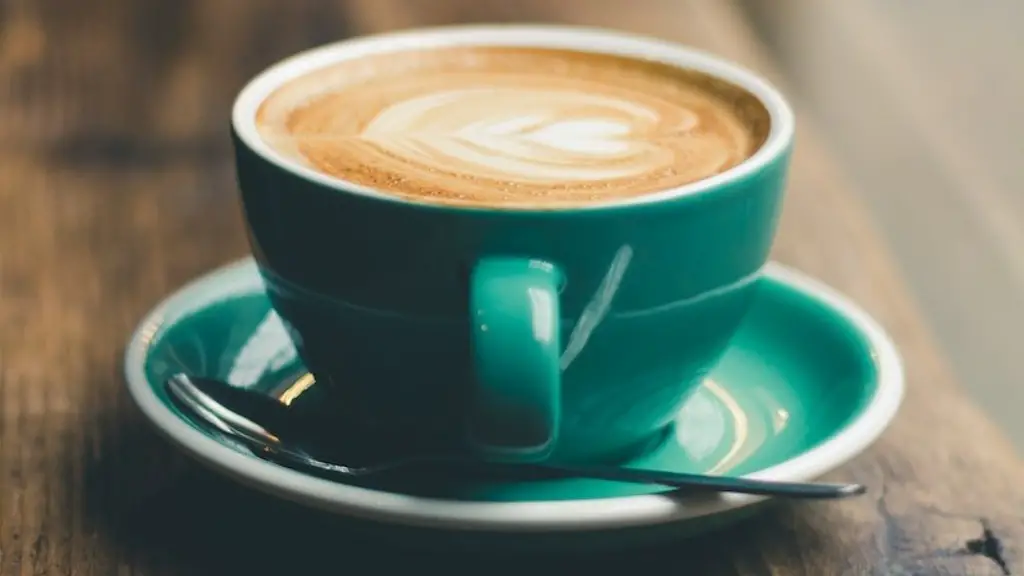From cold coffee frappuccinos to luxurious espressos, coffee has become an integral part of the way many of us start the day. We all have a different take on this hot topic- but is coffee actually good for us, or is it something that should be sipped in moderation?
Coffee has become an incredibly popular drink- according to a report by the National Coffee Association, 64% of Americans reported drinking at least one cup of coffee a day. But as coffee-drinkers come out of the woodwork, studies about its potential for health benefits and drawbacks are growing as well. Depending on what kind of coffee you opt for and how you take it, you may be doing a little more harm than good.
We’ve all heard the benefits associated with coffee: it can boost mental clarity and alertness, reduce depression, and even potentially lower risks of Parkinson’s disease, type 2 diabetes, and certain cancers. But on the other hand, coffee can also increase anxiety and cause dehydration, headaches, and jitteriness. The truth of the matter is that it depends on the individual and how much coffee they are drinking.
According to dietician nutritionist Bridget Shikany, drinking one to two cups of coffee per day–which adds up to around 400 milligrams (mg) of caffeine in two servings–is considered safe. Caffeine itself stimulates the brain, heart rate, and other muscles, and can be addictive. If you’re drinking too much coffee, you can become tolerant to the effects, so it becomes difficult to determine if it’s actually boosting wakefulness or just the sense of reliance on its effects.
The Relationship Between Coffee and Sleep
For those looking to get a good night’s sleep, coffee is usually the first thing to go. After all, the caffeine present in coffee is a stimulant, which can hinder our ability to relax into a good night’s sleep. If you’ve ever heard the advice to avoid caffeine at least 6 hours before bed, it’s for good reason. Studies have shown that caffeine consumed 6 hours before bed could cause sleep disruptions by 30%. However, if you drink coffee in the morning or afternoon, you can still get a good night’s sleep, as long as you don’t go overboard.
These days, more and more people are reaching for cold brews or iced coffees if they want a mid-day pick-me-up without the worry of sleeplessness later on. The good news is that cold brews, which typically have a higher caffeine content than regular coffee, can still be enjoyed in moderation. Research suggests that drinking one 8 ounce cup of cold brew can cause only minimal disruption of sleep, and that this disruption is comparable to drinking a cup of regular hot coffee.
Nutritionist Kristin Kirkpatrick also warned that while cold brews have gained traction lately as a low-acid, less bitter option, they contain significantly more caffeine than hot brewed coffee. Thus, drinking one cup of cold brew is roughly equivalent to consuming two 8-oz cups of hot brewed coffee. So, keep your intake in check for those trying to stay awake in the evening.
Health Benefits of Coffee
Recent studies have shown that, contrary to popular belief, coffee is actually quite good for us. Studies have suggested that coffee drinkers have a lower risk of developing type 2 diabetes and stroke, and that coffee improves cognitive performance and concentration. Coffee also boosts the body’s metabolism and can help decrease the risk of Parkinson’s disease, Alzheimer’s disease, and certain cancers.
Furthermore, some studies have suggested that coffee reduces oxidative stress. Oxidative stress can cause cell and tissue damage and is associated with a wide range of health problems, including cancer, diabetes, heart disease and neurodegenerative diseases. Scientists speculate that the antioxidants and polyphenols present in coffee may play a role in reducing oxidative stress in our bodies.
Finally, caffeine also stimulates our brains, which can, in turn, enhance our energy and productivity. A study conducted by University College London found that participants who increased their caffeine intake experienced significant improvements in reaction times and working memory.
Negative Effects of Coffee
For some, however, too much of a good thing can become a bad thing. Coffee can be a major contributor to anxiety and can cause restlessness, irritability, and difficulty sleeping. Even more serious effects can’t be ignored, as research has linked excessive coffee consumption to an increased risk for high blood pressure and cholesterol levels.
Furthermore, although coffee has many beneficial compounds, it is also rich in other compounds that can be detrimental to our health. One of the most notorious is acrylamide, a chemical compound produced when coffee beans are exposed to very high temperatures during the roasting process. Acrylamide is a known neurotoxin, so high doses of coffee can potentially pose a health risk.
Lastly, coffee can lead to dehydration, as it is a diuretic and can cause our bodies to flush out fluids. Dehydration can lead to tiredness and fatigue, so it’s important to pay attention to your coffee intake and be sure to always stay properly hydrated as well.
Different Types of Coffee
The debate on coffee is far from resolved, but the variety of coffee types can certainly shape how we perceive this hot-button topic. From light roasted coffees with citrusy notes to dark roasted coffees with notes of chocolate, coffee lovers have endless options to suit their taste and preference.
Decaf coffees are also becoming increasingly popular as an alternative to their caffeinated brethren. Decaf coffee still contains some caffeine, but it can be as little as 5 to 10mg- which is significantly less than the average cup of coffee. Decaf coffee is ideal for those looking to reduce their caffeine intake but still get the taste and satisfaction of coffee.
If you’re looking for something a bit more indulgent, cold brew and nitro coffee might just be for you. Cold brew coffee has a smooth and balanced flavor, and its higher caffeine content is actually going to give you better energizing effects without the jitters. Nitro cold brew, on the other hand, is a spinoff of the original cold brew. It is brewed the same way, but the finished product is then infused with nitrogen, which gives it a creamy texture and an extra layer of flavor.
Brewing Methods
The brewing method of coffee can also affect its profile. Filter coffee, for example, is made by pouring hot water over ground coffee beans. This brewing method extracts the oils and flavors of the bean, producing a cleaner cup of coffee with a light and delicate body. Other methods, like espresso, use pressure to extract more flavor and body out of the bean, delivering a bolder cup of coffee.
For those looking to explore further, pour over brewing methods like the Hario V60 and Chemex are an excellent way to bring out the subtle notes in a coffee bean and create a cup of coffee with milder, more delicate flavors. Lastly, the French press offers a more full-bodied cup of coffee with more robust flavors and a natural sweetness. It is the perfect option for those looking for a flavorful, intense cup of coffee.
Alternative Coffee Drinks
If you’re looking for something a bit more indulgent, then alternate coffee drinks might just be what you’re after. Café lattes, cappuccinos, and flat whites are all alternate coffee beverages that are becoming increasingly popular among coffee-lovers. Although they all involve espresso shots, the significant difference between them come down to the milk. Milk plays an essential role in the way we experience coffee, and can make all the difference between a good cup of coffee and a brilliant one.
Café lattes are most usually made with a double-shot of espresso, steamed milk, and foam on top while cappuccinos involve a double shot of espresso, steamed milk, and a generous layer of foam on top. Lastly, a satisfying flat white consists of two shots of espresso, steamed milk and a thin layer of foam, making for a more intense coffee-flavored drink. For those looking for a different kind of coffee experience, these alternate coffee drinks can offer just that.
